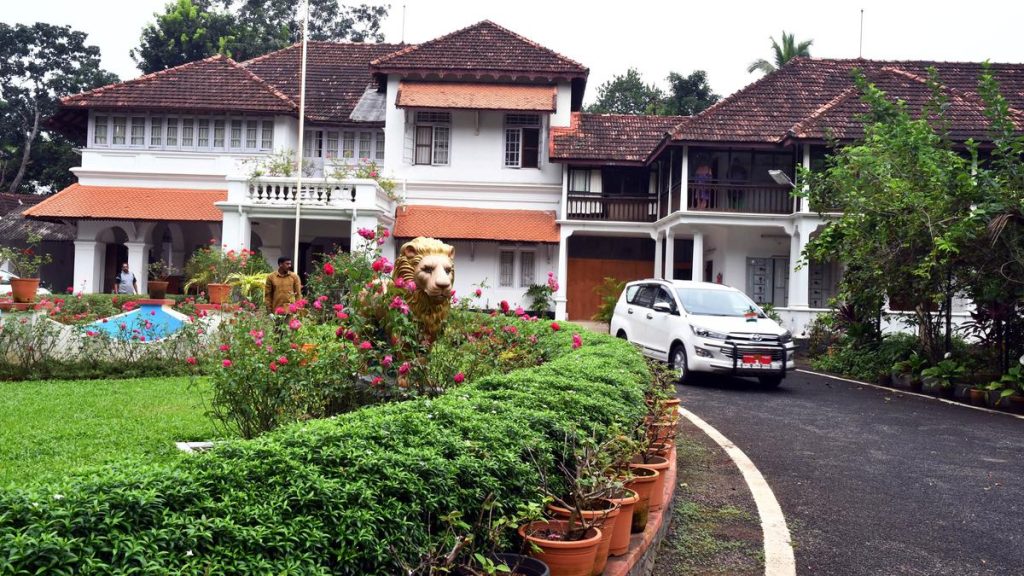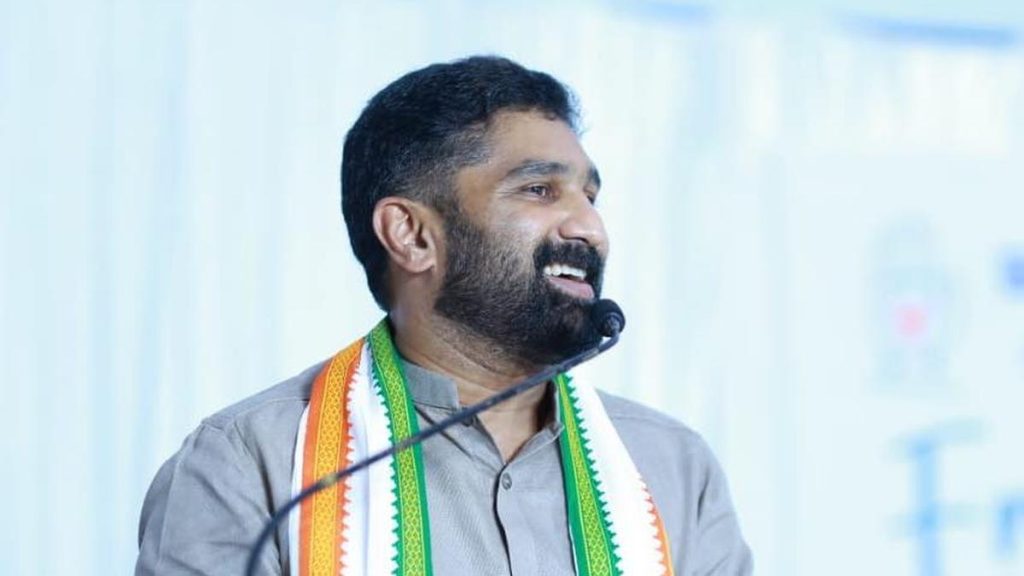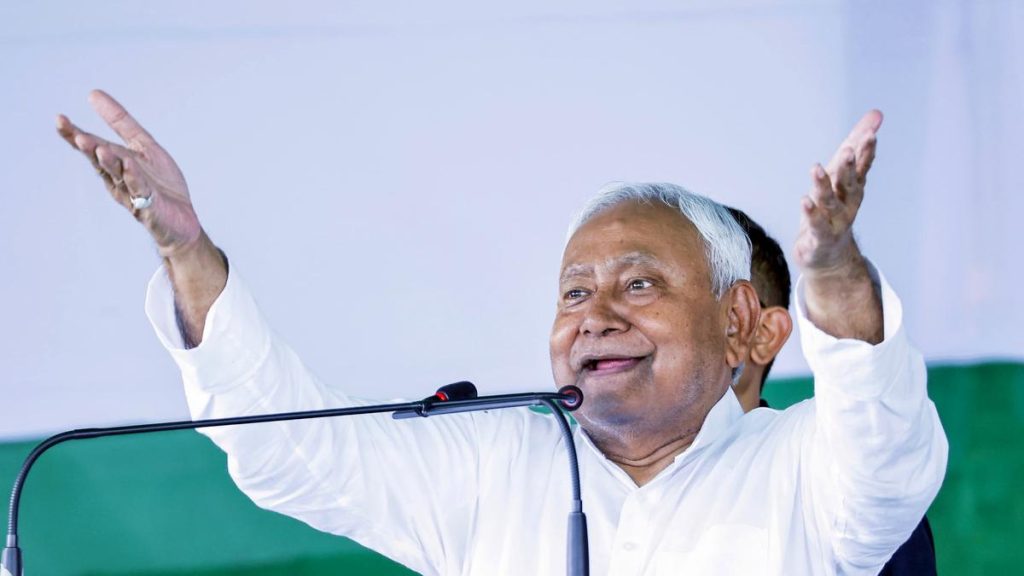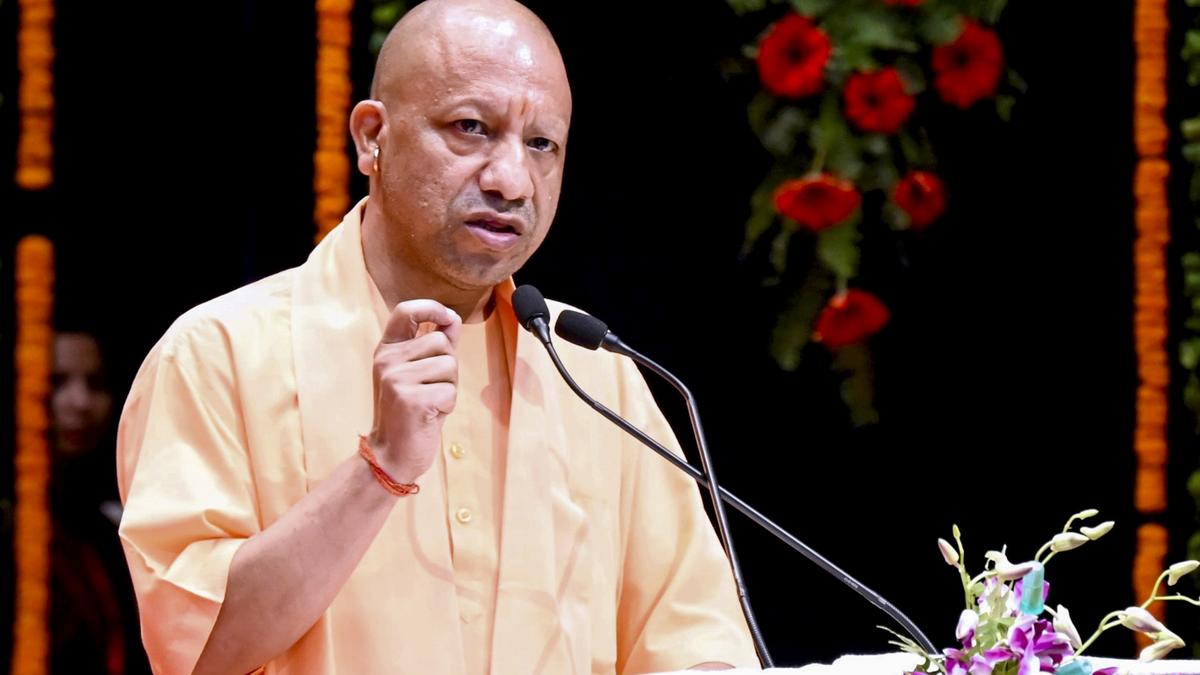Now Reading: Top News Highlights from Karnataka Today
-
01
Top News Highlights from Karnataka Today
Top News Highlights from Karnataka Today
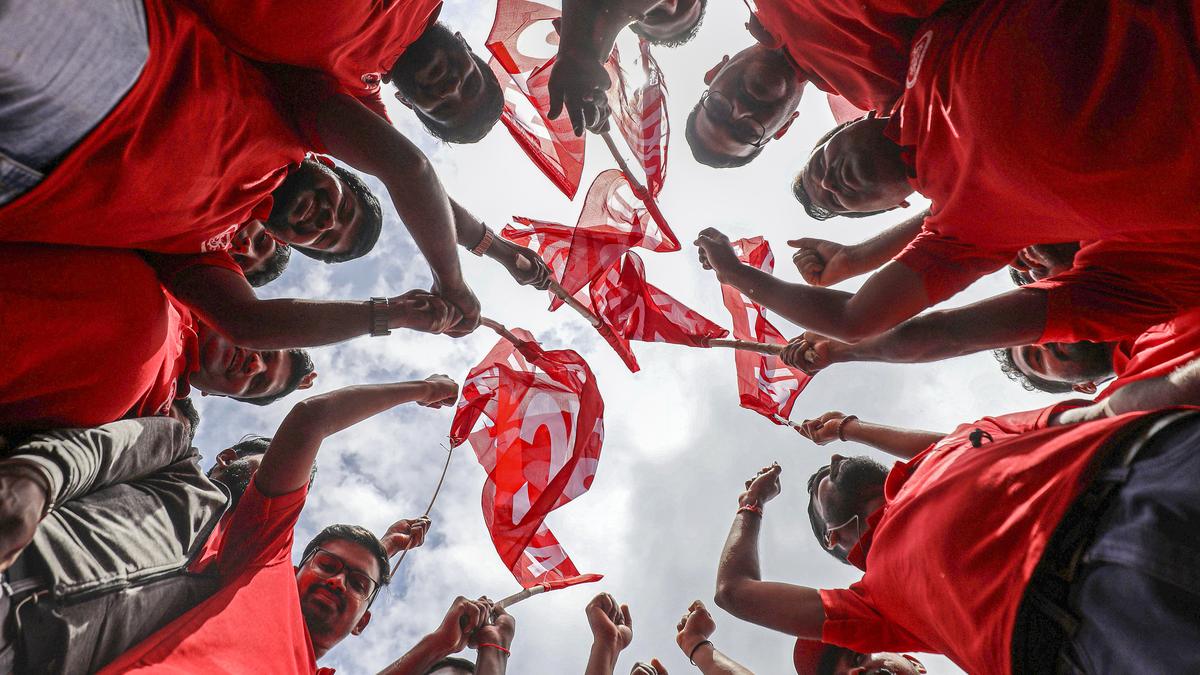
Quick Summary:
- bharat Bandh Impact:
– Nationwide strike by trade unions on July 9, 2025, had minimal effect on Bengaluru; BMTC and KSRTC buses operated as usual.
– Limited impact observed in Mysuru’s industrial areas with protests staged by AIUTUC, CITU, and AIKMS activists. Key demand revolved around revoking the four labor codes formulated by the Center.
- Workforce Challenges Highlighted:
– congress MP Randeep Singh Surjewala alleged that 53% of India’s workforce lacks social security; over 60% have no written contracts, while inflation outweighs wage growth. He endorsed the demands of striking unions highlighting unemployment statistics for educated youth.
- NWKRTC Recruitment Discontent:
– NWKRTC reportedly recruited only 1,000 drivers rather of a promised recruitment target of over 2,814 posts notified in a governmental order from Karnataka dating back to 2019. Aspirants from North Karnataka called this move unjust.
- Potential Flood Warning in Ballari District:
– Rising water levels in Tungabhadra River prompted District officials to prepare for emergency measures as heavy rainfall filled up reservoirs earlier than expected this year.
Indian Opinion Analysis:
The Bharat Bandh orchestrated by India’s trade unions underscores persisting concerns about social security gaps and workforce vulnerability across sectors-a vital reflection on policy-making that balances labor interests with economic reforms like the four labour codes currently under scrutiny.While incidents such as limited recruitment at NWKRTC may further aggravate regional discontent among aspirants-especially those impacted over long wait times-it also signals deeper systemic inefficiencies within government service systems requiring attention.
Together flood preparedness remains critical amidst increasing reliance segments pressed-regional future-coordination stronger legislative level hierarchies implementation directives before monsoon national variables being increasingly unpredictable dependants tissues planningūras only sadar readiness-instance


